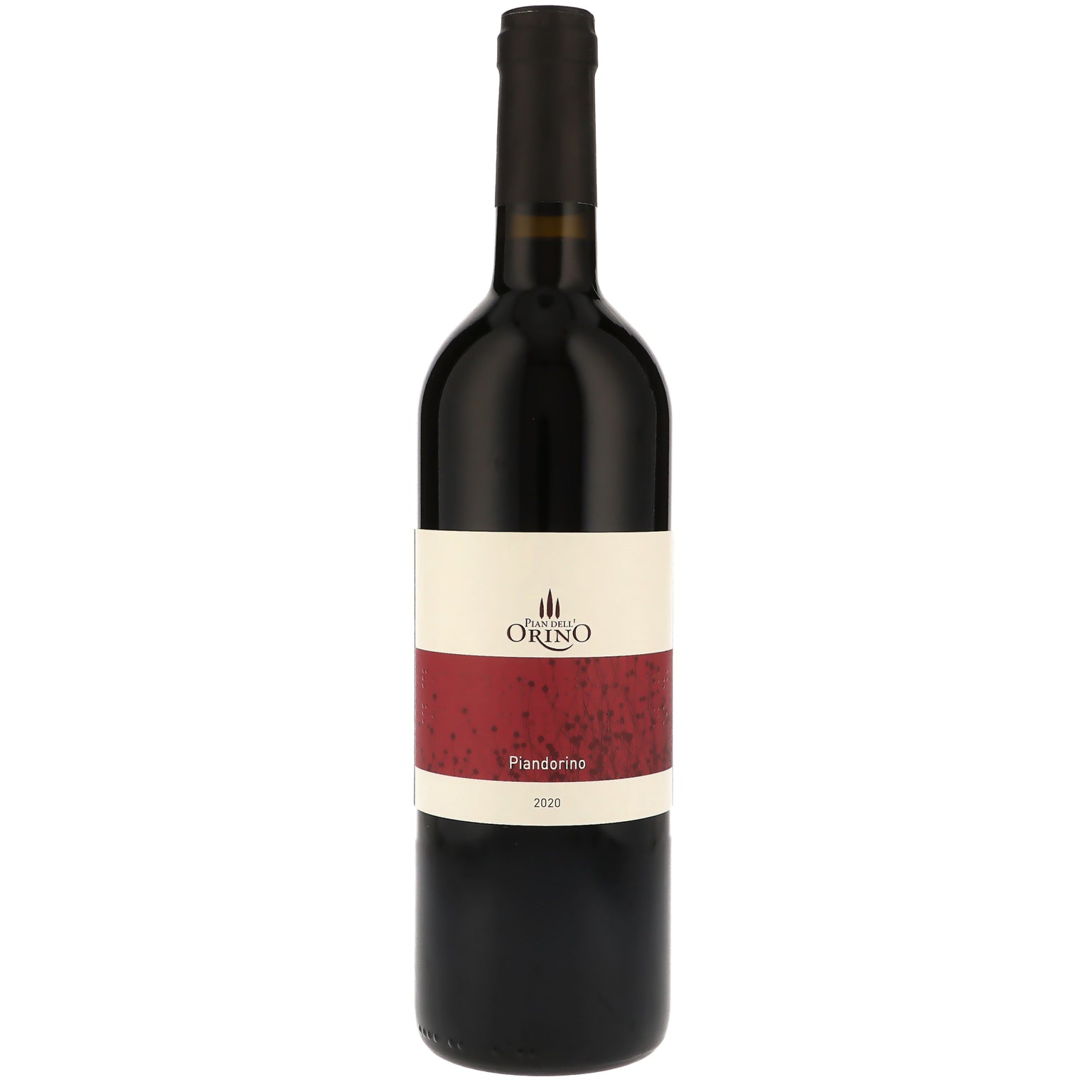Pian dell'Orino
Add to Favorites
Please Log In
Log in or sign up to add this producer to favorites.
7 products
Pian dell'Orino, a small artisan wine estate in Montalcino, is a shining star in Tuscany. One may attribute their rise to their proximity to Biondi-Santi, the icon of Brunello wineries. Location aside, co-owners Caroline Pobitzer and Jan Hendrick Erbach are passionate about producing the highest quality wines utilizing the most harmonious methods to protect their environment. This dual devotion to quality and harmony in the vineyard and to the winery implies biodynamic practices (Pian del'Orino was one of the first estates in Montalcino to be certified biodynamic), low yields, meticulous selection of the healthiest bunches, and a gentle, caring approach in the winery, eschewing the use of modern cellar techniques or unnecessary extraction. Jan and Caroline, though not natives of Tuscany, care immensely for its terroir, and each wine from Pian del'Orino reflects this devotion.
Caroline is from Alto Adige. Jan is German. In 1997, Caroline purchased the farmhouse outside Montalcino, now their home. At that time, the European Union was incentivizing investment in rural properties, allowing the planting of new vineyards. She took advantage. Not long after purchasing the property, Caroline met Jan. In a few short years, the couple was able to harness his understanding of botany and enthusiasm for biodynamic agriculture to begin a singular, remarkable estate.
Caroline and Jan planted their first vines in 1998. Three years later, the first wines were made. In 2006, the couple constructed an impressive cellar near their home in a shape keeping with biodynamic principles.
The farm is divided into four parcels. The land closest to the house and cellar is the source of Sangiovese grapes that become Piandellorino IGT. It's an entry-level bottling and a great introduction to the winery's elegant style. The farm's other parcels (including Vigneti di Versante and Bassolino di Sopra, source vineyards for the Brunellos) are farther from the cellar. Pian dell' Orino covers 5.5 hectares of vineyard and 3.5ha of forest. The couple also has some olive trees, and Jan is very enthusiastic about planting fruit trees to improve biodiversity.
Jan follows the lunar calendar for pruning. In keeping with biodynamics, they make big pots of nettle and chamomile tea to spray on the vineyards, mixed in solution with bentonite clay. These treatments increase the density of positive microorganisms in the fields, which is essential to fight against microbial life forms that are detrimental to the vine.
"The mechanization/compaction of the soil weakens the auto-defense systems of the vine." Jan is taking remarkable action to counteract this compaction. He is planting a new site with a goblet/alberello vine training system that aims to restore harmony to the fields. "Etruscans found vines in the woods," he states. "They didn't just bring the vines (to the fields); they also brought the trees." By planting maple trees next to his new vines, Jan hopes to restore the symbiotic relationship between vine and tree that the Etruscans established. Once they are tall, the trees should provide shade that will beneficially lower yields in the vineyard and reduce the potential for scorching and over-ripeness.
In the winery, the processes are no less meticulous (in some way reflecting the Germanic origins of both Jan and Caroline); aside from lower yield picking and sorting in the vineyards, the grapes further go through optical sorting (one of the more modern tools used, yet still necessary) and hand sorting. All of this ensures the highest quality and elegance of the wines from the healthiest grapes. The cellar room is kept precisely at 90% humidity and ambient temperature control. The wines are spontaneously fermented using indigenous yeast and aged in large 10-50 hl Botti for 1-5 years before bottling.












